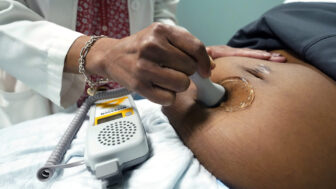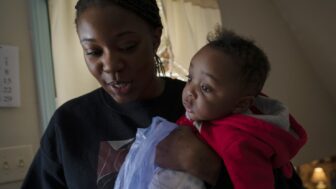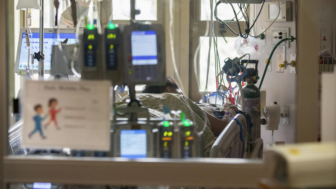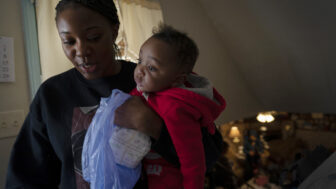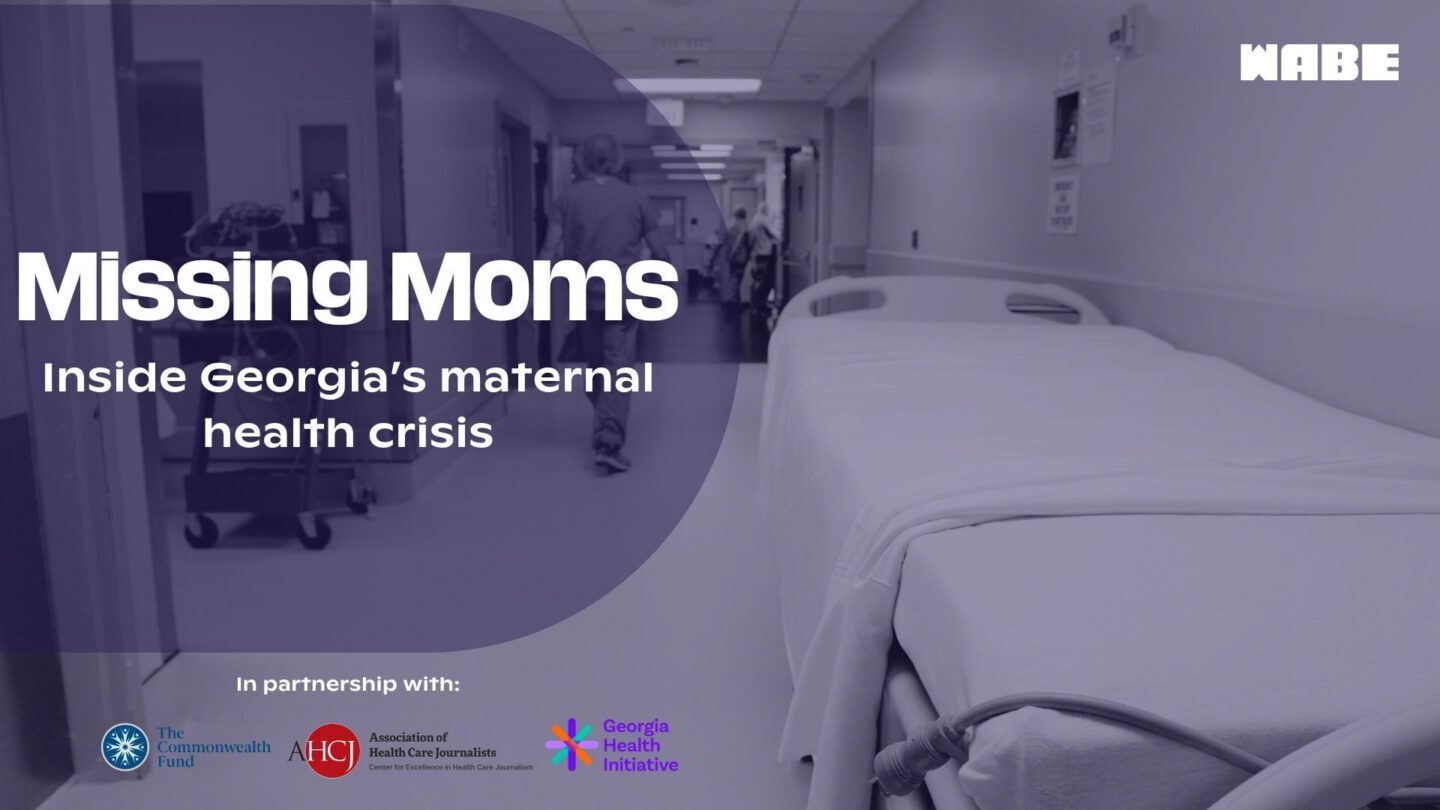
Georgia can be a dangerous place to be pregnant and give birth. The state’s maternal mortality rate is among the worst in the United States. But the risks are not equal. Black Georgians are much more likely than other women to experience complications or die during or after pregnancy.
Families want change. Policymakers and advocates are pushing solutions. To understand what is — and is not — working to address Georgia’s maternal health crisis, we’re exploring the complex factors behind it and what’s being done to address it.
Feature Stories
Glossary
- Maternal Mortality: The death of a woman while pregnant or within 42 days of the termination of a pregnancy, from any cause related to or aggravated by pregnancy or its management, but not due to accidental or incidental causes of death. (Source: March of Dimes)
- Pregnancy-Related Death: Death during pregnancy or within one year of the end of pregnancy from a pregnancy complication, a chain of events initiated by pregnancy, or the aggravation of an unrelated condition by the physiologic effects of pregnancy. Used in the U.S. only, this CDC measure is typically reported as a ratio per 100,000 births. (Source: The Commonwealth Fund)
- Severe Maternal Morbidity: Severe maternal morbidity includes unexpected outcomes of labor and delivery that result in significant short or long-term consequences to a woman’s health. Severe maternal morbidity has been steadily increasing in recent years, according to the U.S. Centers for Disease Control and Prevention. The consequences, according to the CDC, include increased medical costs and longer hospitalization stays. Every year upwards of 50,000 women experience life-threatening complications (sometimes called a “near-miss”) or severe maternal morbidity. (Source: March of Dimes)
Over one-third of Georgia counties are defined as maternity care deserts and about 17% of birthing people in Georgia receive inadequate prenatal care, which are both slightly above the national average, according to the March of Dimes (see interactive chart below).
Take The Survey
More Coverage
This project is part of a reporting fellowship sponsored by the Association of Health Care Journalists and supported by The Commonwealth Fund. It is produced in partnership with the Georgia Health Initiative.
